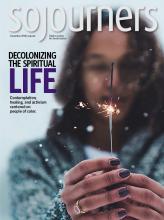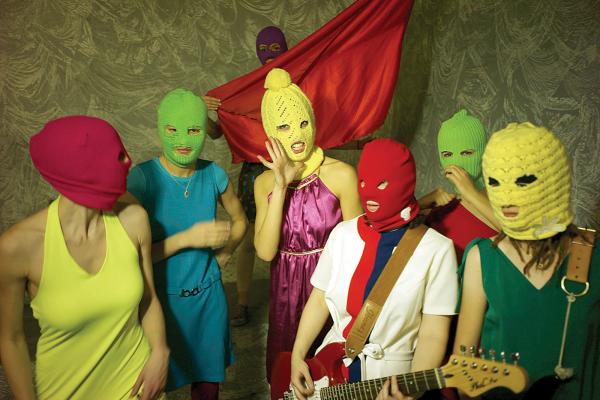"WE ARE WHAT WE PRETEND TO BE,” Kurt Vonnegut once observed. “So we must be careful about what we pretend to be.” What a funny and paradoxical and intensely true thing to say. This is indeed the drill. The world runs on pretense. We play along with norms, strengthening their power as we go, borrowing a sense of legitimacy—sometimes trading in acts of legitimation with others—in the hope of being seen by others as credible and worthy of a salaried position.
If we aren’t careful, we learn to stop asking whether the reigning legitimacies in which we live and move are, in fact, good or worthy or true. When they aren’t, our pretense is a form of earnest wickedness. I’ve gained power, a tiny world of fake legitimacy, while slowly and dutifully forfeiting my soul. I’ve become what I’ve played at and lost any righteous sense of self and others in exchange for status. Henry David Thoreau described the way his own conscience sometimes succumbed to such peer pressure thusly: “The greater part of what my neighbors call good I believe in my soul to be bad, and if I repent of anything, it is very likely to be my good behavior. What demon possessed me that I behaved so well?”
We are, of course, responsible for our own words and actions, but we’re also responsible for the conflicts we avoid to more effectively get by, the lies we allow others to propagate unchallenged in our presence. Thoreau worried over all the ways he played along and didn’t raise a fuss in the face of the terrors his government enacted and the subtle fashion in which his own behavior, by proving polite and acceptable, abided injustice.
Read the Full Article

